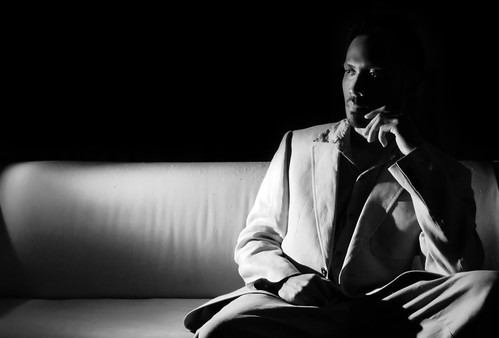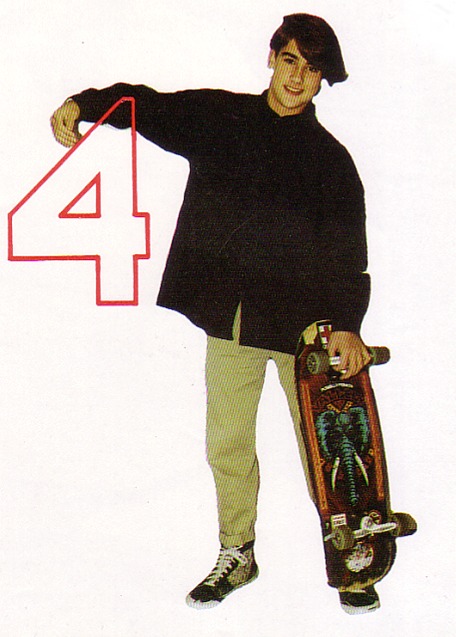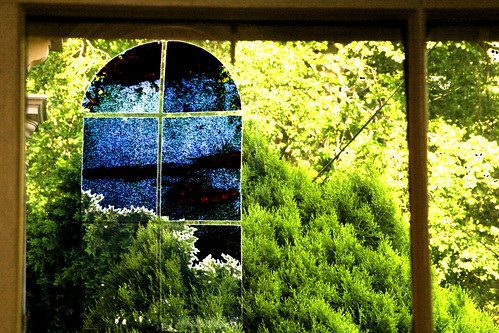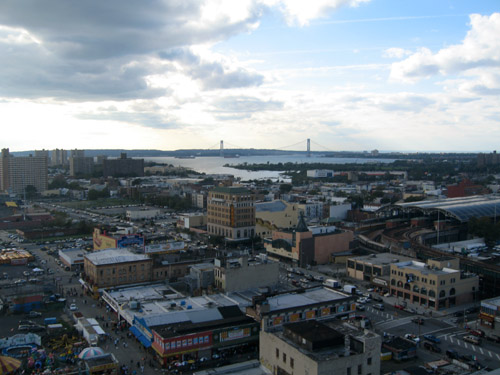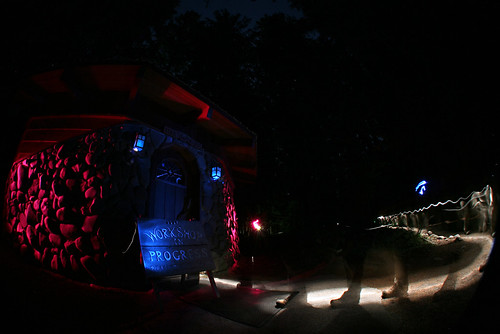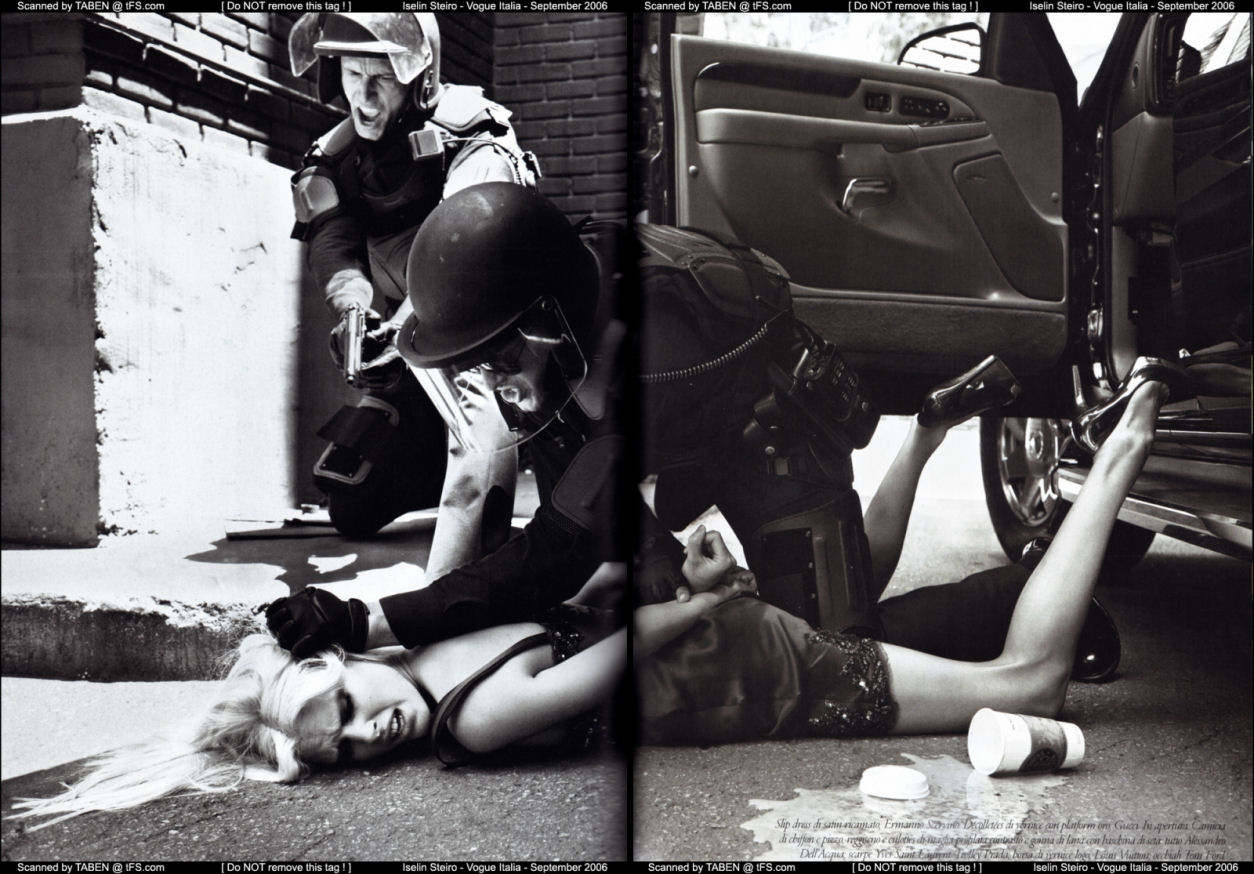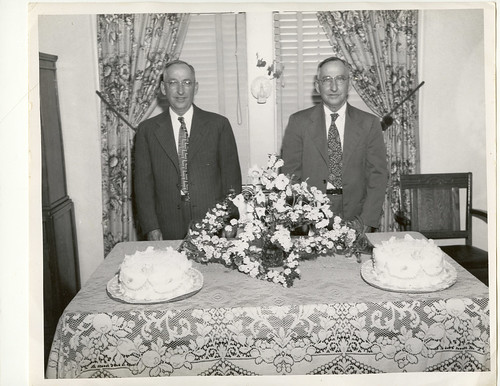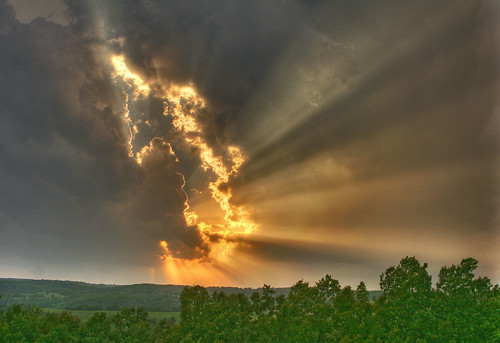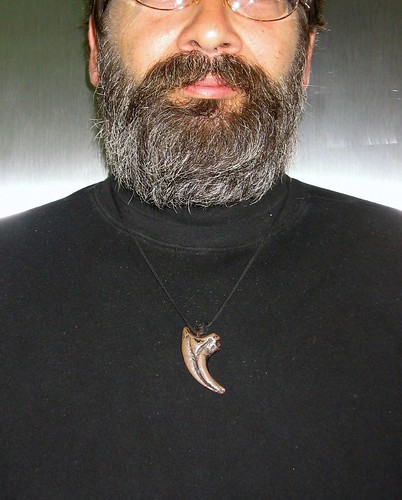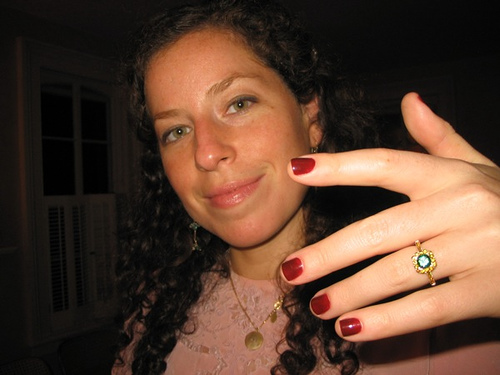TONIGHT! ONE NIGHT ONLY!
Monopoly!
FirstWorksProv Festival
Providence, RI
RISD Auditorium
September 30th at 8pm
Details
Saturday, September 30, 2006
The New York Observer Media Mob: "Harvard Is Everywhere": 02138 Launch Party
The New York Observer Media Mob: "Harvard Is Everywhere": 02138 Launch Party:
At the Core Club launch party for 02138--the magazine dedicated to the unity of the Harvard experience--attendees fell neatly into separate categories. Magazine staffers walked around wearing square pins affixed to their lapels, with their names and "02138" engraved on them. Their flacks hovered, making sure that Bill O'Reilly was ushered in with the appropriate amount of warmth ("Bill!").
Members of the magazine's "Harvard 100"--a list mixing Harvard College dropouts with Harvard Business School grads with quickie Kennedy School students such as O'Reilly--seemed bemused at the attention, and at the two flat-screen televisions beaming their names, occupations, list numbers, and photographs in a constant loop. Tall, thin, beautiful women sipped white wine and didn't discuss where they'd gone to school. Men in dark suits said they were in "private equity." "All the girls here are 6 feet tall and dressed to kill!" one of them said.
"Harvard is everywhere," said Dan Loss, one of the magazine's co-founders. Loss was roommates with Bom Kim (listed as President & Founder on the masthead), and both graduated in from Harvard College in 2000. "We want to cover the stories and personalities that relate to Harvard alumni lives today," Loss said. That means Ned Lamont (like the library!), Studio 54 scion Jennifer Rubell ("equally comfortable discussing a Francis Alÿs video work and a recipe for naeng myun, Korean cold noodles"), and lifestyle items about wine and watches.
The message is that Harvard and its alumni are some sort of superhuman brand, out to save the world and wear expensive clothes while doing it. Becoming the brand takes time, and lots of money.
At the Core Club launch party for 02138--the magazine dedicated to the unity of the Harvard experience--attendees fell neatly into separate categories. Magazine staffers walked around wearing square pins affixed to their lapels, with their names and "02138" engraved on them. Their flacks hovered, making sure that Bill O'Reilly was ushered in with the appropriate amount of warmth ("Bill!").
Members of the magazine's "Harvard 100"--a list mixing Harvard College dropouts with Harvard Business School grads with quickie Kennedy School students such as O'Reilly--seemed bemused at the attention, and at the two flat-screen televisions beaming their names, occupations, list numbers, and photographs in a constant loop. Tall, thin, beautiful women sipped white wine and didn't discuss where they'd gone to school. Men in dark suits said they were in "private equity." "All the girls here are 6 feet tall and dressed to kill!" one of them said.
"Harvard is everywhere," said Dan Loss, one of the magazine's co-founders. Loss was roommates with Bom Kim (listed as President & Founder on the masthead), and both graduated in from Harvard College in 2000. "We want to cover the stories and personalities that relate to Harvard alumni lives today," Loss said. That means Ned Lamont (like the library!), Studio 54 scion Jennifer Rubell ("equally comfortable discussing a Francis Alÿs video work and a recipe for naeng myun, Korean cold noodles"), and lifestyle items about wine and watches.
The message is that Harvard and its alumni are some sort of superhuman brand, out to save the world and wear expensive clothes while doing it. Becoming the brand takes time, and lots of money.
Friday, September 29, 2006
Wednesday, September 27, 2006
Tuesday, September 26, 2006
Histriomastix: Booing in the theater
Histriomastix: Booing in the theater:
"The theatre loves ghosts as much as people love ghost stories. So whether or not one can say with any credibility what they are, ontologically speaking, one can try to account for their production through theatre. Theatre constantly encounters the dead, and the appeal as well as the doubtful status of ghosts goes to the heart of theatre's appeal. Ghosts, that is, pervade theatre more thoroughly than any particular instance of staging, to the extent that theatre itself is a ghostly place in which the living and the dead come together in a productive encounter."
Alice Rayner, Ghosts: death's double and the phenomena of theatre
"The theatre loves ghosts as much as people love ghost stories. So whether or not one can say with any credibility what they are, ontologically speaking, one can try to account for their production through theatre. Theatre constantly encounters the dead, and the appeal as well as the doubtful status of ghosts goes to the heart of theatre's appeal. Ghosts, that is, pervade theatre more thoroughly than any particular instance of staging, to the extent that theatre itself is a ghostly place in which the living and the dead come together in a productive encounter."
Alice Rayner, Ghosts: death's double and the phenomena of theatre
Orcinus
The other terror anniversary:
One week ago, on the fifth anniversary of the Sept. 11 terror attacks, the nation was treated to a veritable orgy of remembrance in the national media: the networks, cable, and the press all were busy regaling us with reminders of the Islamist radicals who attacked us that day. Politicians rather predictably joined in, most notably George W. Bush, who used what should have been a solemn occasion to bash Democrats and promote his own agenda.
In rather stark contrast, today also marks the fifth anniversary of the terrorist attacks that followed -- the anthrax letters mailed to a variety of media figures and liberal senators, killing five people and convulsing the nation with fear of similar attacks elsewhere for several weeks afterward.
But there are no network specials planned. No wreath-laying by the president. No ABC docudramas blaming the Clinton administration with made-up sequences. No discussion of the implications of these attacks in the "war on terror."
The last of these, really, is quite telling -- because the implications are profound. And until we confront them, our "war on terror" will remain little more than the political marketing campaign that it has been ever since 9/11.
One week ago, on the fifth anniversary of the Sept. 11 terror attacks, the nation was treated to a veritable orgy of remembrance in the national media: the networks, cable, and the press all were busy regaling us with reminders of the Islamist radicals who attacked us that day. Politicians rather predictably joined in, most notably George W. Bush, who used what should have been a solemn occasion to bash Democrats and promote his own agenda.
In rather stark contrast, today also marks the fifth anniversary of the terrorist attacks that followed -- the anthrax letters mailed to a variety of media figures and liberal senators, killing five people and convulsing the nation with fear of similar attacks elsewhere for several weeks afterward.
But there are no network specials planned. No wreath-laying by the president. No ABC docudramas blaming the Clinton administration with made-up sequences. No discussion of the implications of these attacks in the "war on terror."
The last of these, really, is quite telling -- because the implications are profound. And until we confront them, our "war on terror" will remain little more than the political marketing campaign that it has been ever since 9/11.
la Ketch: try to remember
la Ketch: try to remember:
The thing I’m noticing is this new propensity towards choosing defeat. It’s not something that I’ve always done. It’s come to me in adulthood and it’s not something I welcome. It has to do partially with not being able to STAND BEING IN LIMBO. I’ve talked about this difficulty many times on this blog. I just have so little patience and I feel so uncomfortable when I don’t have control over a situation and I’m waiting for life to hand me my fate. I feel so uncomfortable in these situations that it is sometimes much easier for me to just accept defeat. To concede, like John Kerry, too soon. It’s easier to do this because then, at least I know what I’m dealing with. I can move on. I may still be waiting for an answer but I know in my heart that I’ve lost, I’m not going to get what I want and then, of course I don’t. I don’t get what I want and I feel that in the end it’s because I didn’t deserve it. It wasn’t my fate.
Sorry, I’m going to try and reel this in a bit.
So the thing I’ve been struggling with is hope and faith.
The thing I’m noticing is this new propensity towards choosing defeat. It’s not something that I’ve always done. It’s come to me in adulthood and it’s not something I welcome. It has to do partially with not being able to STAND BEING IN LIMBO. I’ve talked about this difficulty many times on this blog. I just have so little patience and I feel so uncomfortable when I don’t have control over a situation and I’m waiting for life to hand me my fate. I feel so uncomfortable in these situations that it is sometimes much easier for me to just accept defeat. To concede, like John Kerry, too soon. It’s easier to do this because then, at least I know what I’m dealing with. I can move on. I may still be waiting for an answer but I know in my heart that I’ve lost, I’m not going to get what I want and then, of course I don’t. I don’t get what I want and I feel that in the end it’s because I didn’t deserve it. It wasn’t my fate.
Sorry, I’m going to try and reel this in a bit.
So the thing I’ve been struggling with is hope and faith.
Playbill News: Mike Daisey to Tell the Truth, the James Frey Way, Oct. 5 at Ars Nova
Playbill News: Mike Daisey to Tell the Truth, the James Frey Way, Oct. 5 at Ars Nova:
Mike Daisey will premiere his new monologue Truth (the heart is a million little pieces above all things) at Ars Nova in Manhattan on Oct. 5.
As the subtitle hints, the piece will address the rise and fall of disgraced author James Frey, whose best-selling memoir "A Million Little Pieces" turned out to be largely fabricated, leading Oprah Winfrey, a one-time supporter, to dress him down on national television.
The solo will also look at J.T. LeRoy, another famous writer ("The Heart Is Deceitful Above All Things"), who, it was revealed, did not exist, but was a hoax perpetrated by author Laura Albert. Savannah Knoop, half sister to Geoffrey Knoop, Albert's former partner, posed as LeRoy's public persona.
Mike Daisey will premiere his new monologue Truth (the heart is a million little pieces above all things) at Ars Nova in Manhattan on Oct. 5.
As the subtitle hints, the piece will address the rise and fall of disgraced author James Frey, whose best-selling memoir "A Million Little Pieces" turned out to be largely fabricated, leading Oprah Winfrey, a one-time supporter, to dress him down on national television.
The solo will also look at J.T. LeRoy, another famous writer ("The Heart Is Deceitful Above All Things"), who, it was revealed, did not exist, but was a hoax perpetrated by author Laura Albert. Savannah Knoop, half sister to Geoffrey Knoop, Albert's former partner, posed as LeRoy's public persona.
Andrew Sullivan | The Daily Dish: Legalizing Tyranny
Andrew Sullivan | Legalizing Tyranny:
How do I put this in words as clearly as possible. If the U.S. government decides, for reasons of its own, that you are an "illegal enemy combatant," i.e. that you are someone who
"has engaged in hostilities or who has purposefully and materially supported hostilities against the United States,"
they can detain you without charges indefinitely, granting you no legal recourse except to a military tribunal, and, under the proposed bill, "disappear" and torture you. This is not just restricted to aliens or foreigners, but applies to U.S. citizens as well. It can happen anywhere in the U.S. at any time. We are all at potential risk.
Whatever else this is, it is not a constitutional democracy. It is a thinly-veiled military dictatorship, subject to only one control: the will of the Great Decider. And the war that justifies this astonishing attack on American liberty is permanent, without end. And check the vagueness of the language: "purposefully supported" hostilities. Could that mean mere expression of support for terror? Remember that many completely innocent people have already been incarcerated for years without trial or any chance for a fair hearing on the basis of false rumors or smears or even bounty hunters. Or could it be construed, in the rhetoric of Hannity and O'Reilly, as merely criticizing the Great Decider and thereby being on the side of the terrorists?
How do I put this in words as clearly as possible. If the U.S. government decides, for reasons of its own, that you are an "illegal enemy combatant," i.e. that you are someone who
"has engaged in hostilities or who has purposefully and materially supported hostilities against the United States,"
they can detain you without charges indefinitely, granting you no legal recourse except to a military tribunal, and, under the proposed bill, "disappear" and torture you. This is not just restricted to aliens or foreigners, but applies to U.S. citizens as well. It can happen anywhere in the U.S. at any time. We are all at potential risk.
Whatever else this is, it is not a constitutional democracy. It is a thinly-veiled military dictatorship, subject to only one control: the will of the Great Decider. And the war that justifies this astonishing attack on American liberty is permanent, without end. And check the vagueness of the language: "purposefully supported" hostilities. Could that mean mere expression of support for terror? Remember that many completely innocent people have already been incarcerated for years without trial or any chance for a fair hearing on the basis of false rumors or smears or even bounty hunters. Or could it be construed, in the rhetoric of Hannity and O'Reilly, as merely criticizing the Great Decider and thereby being on the side of the terrorists?
"Remember that it is forever. The face will always be there to be stamped upon. The heretic, the enemy of society, will always be there, so that he can be defeated and humiliated over again. Everything that you have undergone since you have been in our hands - all that will continue, and worse. The espionage, the betrayals, the arrests, the tortures, the executions, the disappearances will never cease. It will be a world of terror as much as a world of triumph.
The more the Party is powerful, the less it will be tolerant; the weaker the opposition, the tighter the despotism. Goldstein and his heresies will live forever. Every day, at every moment, they will be defeated, discredited, ridiculed, spat upon - and yet they will always survive. This drama that I have played out with you during seven years will be played out over and over again, generation after generation, always in subtler forms. Always we shall have the heretic here at our mercy, screaming with pain, broken-up, contemptible - and in the end utterly penitent, saved from himself, crawling to our feet of his own accord.
That is the world that we are preparing, Winston. A world of victory after victory, triumph after triumph after triumph: an endless pressing, pressing, pressing upon the nerve of power. You are beginning, I can see, to realize what that world will be like. But in the end you will do more than understand it. You will accept it, welcome it, become part of it,"
- O'Brien, the party operator, from George Orwell's "Nineteen-Eighty-Four."
The more the Party is powerful, the less it will be tolerant; the weaker the opposition, the tighter the despotism. Goldstein and his heresies will live forever. Every day, at every moment, they will be defeated, discredited, ridiculed, spat upon - and yet they will always survive. This drama that I have played out with you during seven years will be played out over and over again, generation after generation, always in subtler forms. Always we shall have the heretic here at our mercy, screaming with pain, broken-up, contemptible - and in the end utterly penitent, saved from himself, crawling to our feet of his own accord.
That is the world that we are preparing, Winston. A world of victory after victory, triumph after triumph after triumph: an endless pressing, pressing, pressing upon the nerve of power. You are beginning, I can see, to realize what that world will be like. But in the end you will do more than understand it. You will accept it, welcome it, become part of it,"
- O'Brien, the party operator, from George Orwell's "Nineteen-Eighty-Four."
Monday, September 25, 2006
NYO - Cover Story 1
Sykes’ Blackout-Drunk Memoir Kicks Off Post-Frey Rehab-Lit Frenzy: Moyers, Dukakis, David Carr Dredge Up Grotty Days and Nights; Reconciling Conflict of Author Ego With 12-Step Humanity:
"One of the things is that—who was it? Shakespeare, somebody; no! I don’t want to go there, I don’t want to quote Shakespeare—we’re all wardens of our own past. There is a tendency to be either the hero or antihero of your own narrative. And in that sense, all misdemeanors become felonies. And random acts of kindness become shimmering examples of the narrator’s own humanity. And I think that’s sort of embedded in people. And I think you gotta watch it. But I say that as somebody who hasn’t typed a word.”
"One of the things is that—who was it? Shakespeare, somebody; no! I don’t want to go there, I don’t want to quote Shakespeare—we’re all wardens of our own past. There is a tendency to be either the hero or antihero of your own narrative. And in that sense, all misdemeanors become felonies. And random acts of kindness become shimmering examples of the narrator’s own humanity. And I think that’s sort of embedded in people. And I think you gotta watch it. But I say that as somebody who hasn’t typed a word.”
Sunday, September 24, 2006
Spy Agencies Say Iraq War Worsens Terror Threat - New York Times
Spy Agencies Say Iraq War Worsens Terror Threat - New York Times:
WASHINGTON, Sept. 23 — A stark assessment of terrorism trends by American intelligence agencies has found that the American invasion and occupation of Iraq has helped spawn a new generation of Islamic radicalism and that the overall terrorist threat has grown since the Sept. 11 attacks.
The classified National Intelligence Estimate attributes a more direct role to the Iraq war in fueling radicalism than that presented either in recent White House documents or in a report released Wednesday by the House Intelligence Committee, according to several officials in Washington involved in preparing the assessment or who have read the final document.
The intelligence estimate, completed in April, is the first formal appraisal of global terrorism by United States intelligence agencies since the Iraq war began, and represents a consensus view of the 16 disparate spy services inside government. Titled “Trends in Global Terrorism: Implications for the United States,’’ it asserts that Islamic radicalism, rather than being in retreat, has metastasized and spread across the globe.
An opening section of the report, “Indicators of the Spread of the Global Jihadist Movement,” cites the Iraq war as a reason for the diffusion of jihad ideology.
The report “says that the Iraq war has made the overall terrorism problem worse,” said one American intelligence official.
WASHINGTON, Sept. 23 — A stark assessment of terrorism trends by American intelligence agencies has found that the American invasion and occupation of Iraq has helped spawn a new generation of Islamic radicalism and that the overall terrorist threat has grown since the Sept. 11 attacks.
The classified National Intelligence Estimate attributes a more direct role to the Iraq war in fueling radicalism than that presented either in recent White House documents or in a report released Wednesday by the House Intelligence Committee, according to several officials in Washington involved in preparing the assessment or who have read the final document.
The intelligence estimate, completed in April, is the first formal appraisal of global terrorism by United States intelligence agencies since the Iraq war began, and represents a consensus view of the 16 disparate spy services inside government. Titled “Trends in Global Terrorism: Implications for the United States,’’ it asserts that Islamic radicalism, rather than being in retreat, has metastasized and spread across the globe.
An opening section of the report, “Indicators of the Spread of the Global Jihadist Movement,” cites the Iraq war as a reason for the diffusion of jihad ideology.
The report “says that the Iraq war has made the overall terrorism problem worse,” said one American intelligence official.
TidBITS: The More Things Change...
TidBITS: The More Things Change...:
Since I first started using computers - a 4K Commodore PET at the age of 11, followed by an Apple IIc and an early VAX running a Version 7 Unix - I've lamented that the technology wasn't ready for prime time. The main reason I got into technical writing - then software testing, then development, consulting, editing, TidBITS, and Internet-based projects - was because it wasn't simple enough to make computers do what I wanted. Instead, I found myself fiddling, fixing, explaining, programming, enabling, and helping other people. I believed in the potential of information technology and felt I could make a positive contribution by helping other people tap into it: the glitches and problems and stumbling blocks were just bumps in the road - growing pains, right? But when my mother retypes a document because she can't find the original, a TidBITS Talk thread deteriorates into a discussion of command line switches, I utterly destroy a brand-new Mac mini by clicking its Printer Sharing checkbox, a live music recording is ruined by an invisible background process, or a disabled friend feels she has no choice but to buy a new printer because her old one suddenly stopped working... I just want to scream. It's the twenty-first century: why are we still mired in this stuff?
I've long said that we'll know computers have arrived when there's no need for people like me. The fact so many everyday people have to turn to interpreters, consultants, experts, classes, training, and technophiles to use their computers and put them to work, to me, represents a fundamental failure of the industry. It seems people like me will be needed for a long, long time. Many years ago, Microsoft held a press event to announce a significant expansion of the company's technical support offerings; the late technology writer Cary Lu scored a zinger - and made a profound point - by politely asking if Microsoft anticipated its products would one day reach a level where users would require fewer support resources. Along the same lines, I remain flabbergasted Apple has installed Genius Bars in its retail stores. To me, Genius Bars don't say "Apple's your friend and is here to help!" but instead, "Everyone knows Apple makes the easiest-to-use computers, but only a genius can figure them out."
Since I first started using computers - a 4K Commodore PET at the age of 11, followed by an Apple IIc and an early VAX running a Version 7 Unix - I've lamented that the technology wasn't ready for prime time. The main reason I got into technical writing - then software testing, then development, consulting, editing, TidBITS, and Internet-based projects - was because it wasn't simple enough to make computers do what I wanted. Instead, I found myself fiddling, fixing, explaining, programming, enabling, and helping other people. I believed in the potential of information technology and felt I could make a positive contribution by helping other people tap into it: the glitches and problems and stumbling blocks were just bumps in the road - growing pains, right? But when my mother retypes a document because she can't find the original, a TidBITS Talk thread deteriorates into a discussion of command line switches, I utterly destroy a brand-new Mac mini by clicking its Printer Sharing checkbox, a live music recording is ruined by an invisible background process, or a disabled friend feels she has no choice but to buy a new printer because her old one suddenly stopped working... I just want to scream. It's the twenty-first century: why are we still mired in this stuff?
I've long said that we'll know computers have arrived when there's no need for people like me. The fact so many everyday people have to turn to interpreters, consultants, experts, classes, training, and technophiles to use their computers and put them to work, to me, represents a fundamental failure of the industry. It seems people like me will be needed for a long, long time. Many years ago, Microsoft held a press event to announce a significant expansion of the company's technical support offerings; the late technology writer Cary Lu scored a zinger - and made a profound point - by politely asking if Microsoft anticipated its products would one day reach a level where users would require fewer support resources. Along the same lines, I remain flabbergasted Apple has installed Genius Bars in its retail stores. To me, Genius Bars don't say "Apple's your friend and is here to help!" but instead, "Everyone knows Apple makes the easiest-to-use computers, but only a genius can figure them out."
things i know for sure: The Lovely Bones
things i know for sure: The Lovely Bones:
I am reading this book right now.
It is a terrible book.
But still I am reading it.
I am still reading it so much, that I will not allow myself to read another book until I finish reading this terrible book. Would you like to know how terrible it is? Here is the opening paragraph:
My name was Salmon, like the fish; first name, Susie. I was fourteen when I was murdered on December 6, 1973. In newspaper photos of missing girls from the seventies, most looked like me: white girls with mousy brown hair. This was before kids of all races and genders started appearing on milk cartons or in the daily mail. It was still back when people believed things like that didn't happen.
As soon as I read that opening paragraph, I knew, this is going to be a bad book. But here it is, right now today, and I am on page 351 of this 373 page book, and I can not--though I have considered it many times--just toss it on the street and get the weight of its badness out of my bag. It's preposterous. I pull the book out on the subway filled with shame, because I know there is at least one other person on the subway who has read the book and they probably loved it and I don't want them to think we are in any way in cahoots, and I also know that there is probably at least one person on that subway who has started to read this book and has hated it so much they did what I could not, and put it down. For these reasons I try to adopt a look of neutral disgust while reading this book on the subway.
I am reading this book right now.
It is a terrible book.
But still I am reading it.
I am still reading it so much, that I will not allow myself to read another book until I finish reading this terrible book. Would you like to know how terrible it is? Here is the opening paragraph:
My name was Salmon, like the fish; first name, Susie. I was fourteen when I was murdered on December 6, 1973. In newspaper photos of missing girls from the seventies, most looked like me: white girls with mousy brown hair. This was before kids of all races and genders started appearing on milk cartons or in the daily mail. It was still back when people believed things like that didn't happen.
As soon as I read that opening paragraph, I knew, this is going to be a bad book. But here it is, right now today, and I am on page 351 of this 373 page book, and I can not--though I have considered it many times--just toss it on the street and get the weight of its badness out of my bag. It's preposterous. I pull the book out on the subway filled with shame, because I know there is at least one other person on the subway who has read the book and they probably loved it and I don't want them to think we are in any way in cahoots, and I also know that there is probably at least one person on that subway who has started to read this book and has hated it so much they did what I could not, and put it down. For these reasons I try to adopt a look of neutral disgust while reading this book on the subway.





